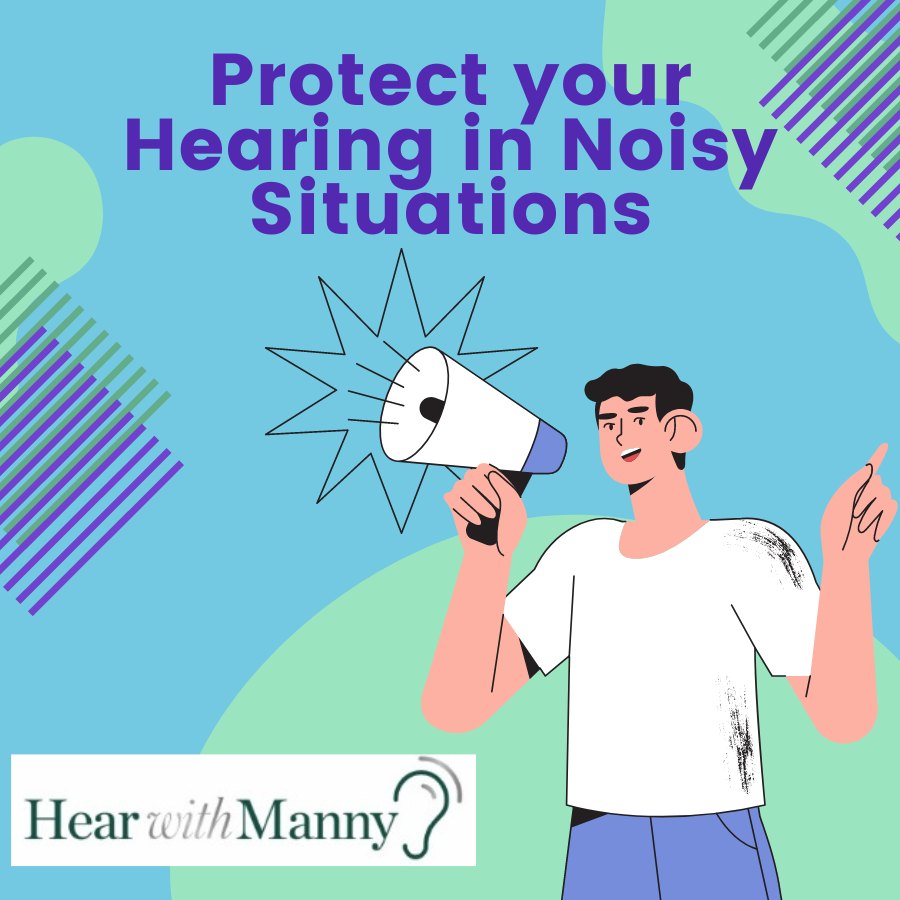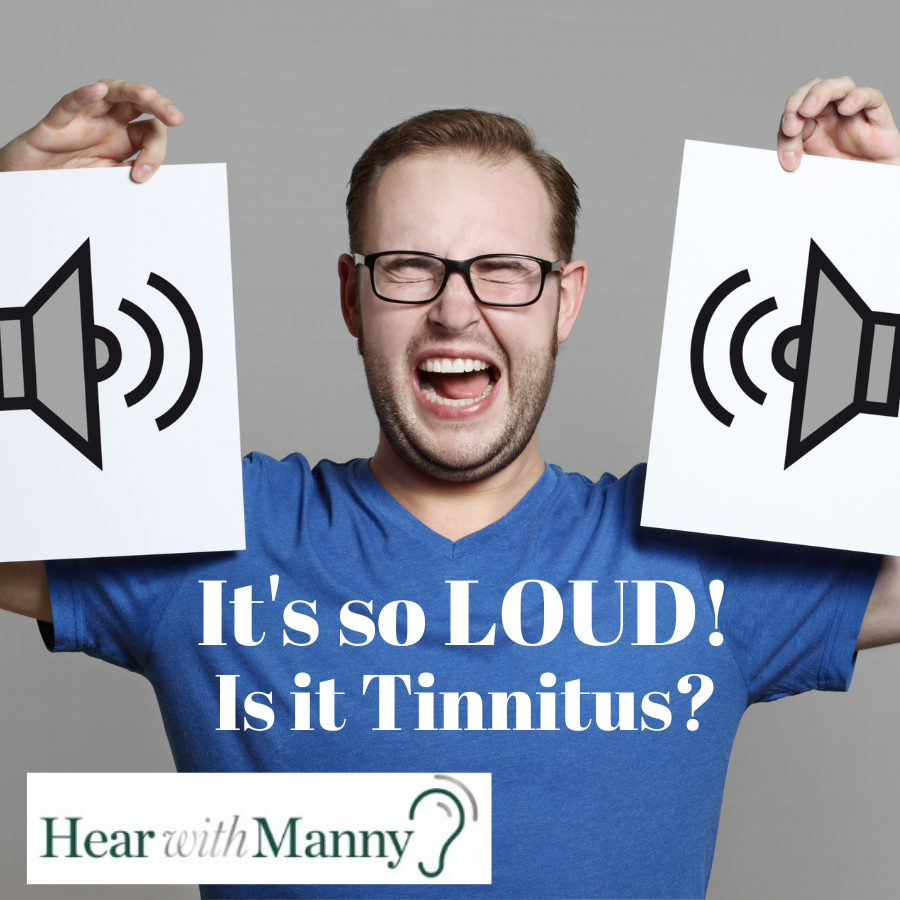Hearing is one of our most vital senses, allowing us to communicate, appreciate music, and understand the world around us. But what happens when this precious ability starts to deteriorate? Hearing loss can creep up on us gradually, making it difficult to recognize until it becomes a significant problem. This blog post will explore the early signs of hearing loss, the different types, common causes, and preventative measures that can be taken.
Types of Hearing Loss
There are primarily three types of hearing loss: conductive, sensorineural, and mixed.
Conductive hearing loss occurs when sound waves cannot reach the inner ear. This could be due to blockages in the ear canal, such as earwax or fluid from an infection, or damage to the eardrum or bones in the middle ear.
Sensorineural hearing loss, the most common type, is often due to damage to the hair cells in the cochlea (the auditory part of the inner ear) or the auditory nerve. This damage can be caused by aging, excessive noise exposure, or certain medications.
Mixed hearing loss is a combination of both conductive and sensorineural hearing loss.
Common Causes of Hearing Loss
Several factors can contribute to hearing loss. These include aging, exposure to loud noises, infections, certain medications, and genetic predisposition. It’s important to note that while age-related hearing loss is quite common, many cases of hearing loss are preventable.
Early Signs and Symptoms
Recognizing the early signs of hearing loss is crucial for timely intervention. Here are some symptoms to watch out for:
- Difficulty understanding conversations in noisy environments: If you find it hard to follow a conversation when you’re in a crowded place like a restaurant or at a party, this could be a sign of hearing loss.
- Ringing or buzzing in the ears: Known as tinnitus, this symptom often accompanies hearing loss. It may come and go or be a constant annoyance.
- Frequently asking others to repeat themselves: If you often need people to repeat what they’ve said, especially if they’re not facing you, your hearing might be compromised.
- Turning up the volume: If others complain that the TV or radio volume is too high, it might be because you’re experiencing hearing loss.
Preventative Measures
Prevention is always better than cure, and there are several steps you can take to protect your hearing:
- Limit exposure to loud noise: If you work in a noisy environment, ensure you wear protective ear gear. Even when listening to music, keep the volume at a safe level.
- Regular check-ups: Regular hearing tests can detect early signs of hearing loss. The sooner it’s detected, the more effective the treatment can be.
- Healthy lifestyle: Regular exercise, a balanced diet, and avoiding smoking can all contribute to better hearing health.
In conclusion, it’s essential to stay vigilant about our hearing health. If you or a loved one is experiencing any of the symptoms mentioned above, it might be time to schedule a hearing test. Remember, early detection is key to managing and treating hearing loss effectively.










